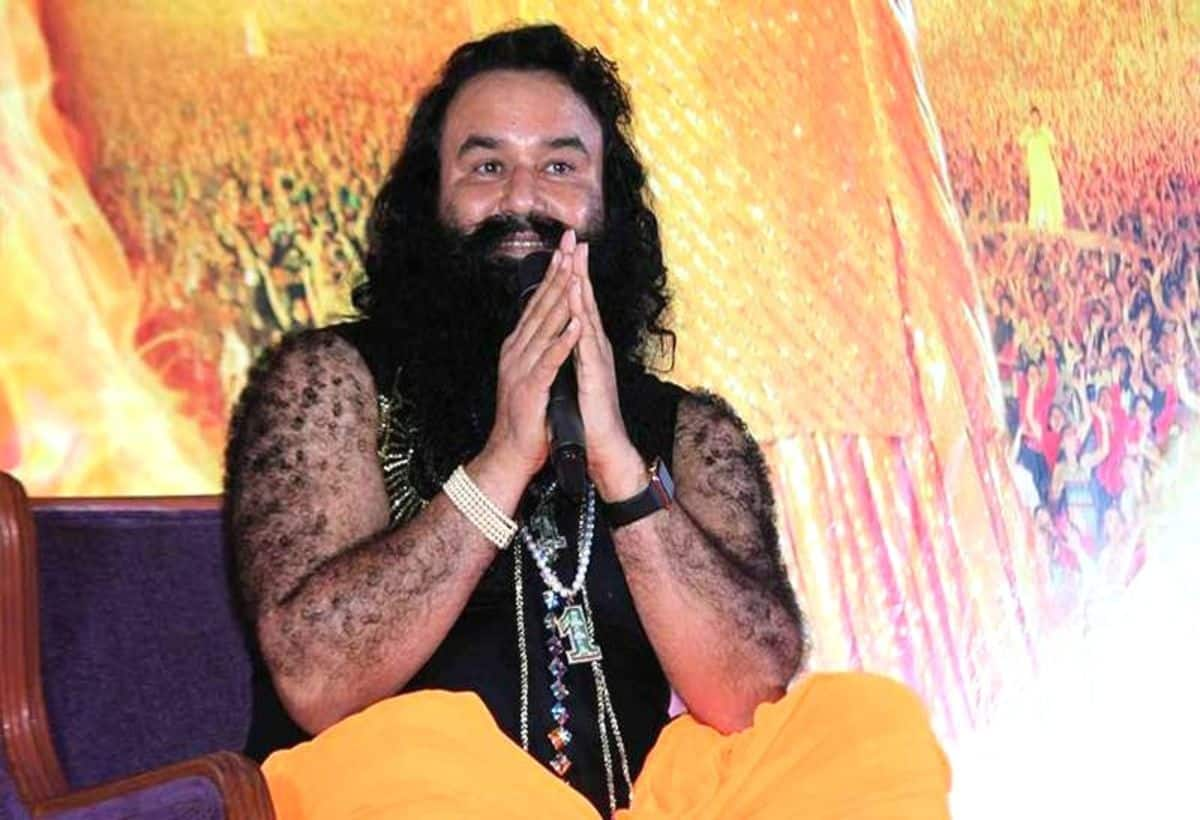In a significant political development, Gurmeet Ram Rahim Singh, the leader of Dera Sacha Sauda, has been granted a 20-day parole. This decision comes just ahead of the Haryana Assembly elections slated for October 5, raising eyebrows and sparking discussions on the implications for the electoral landscape. Official sources confirm that the Rohtak Divisional Commissioner, Sanjeev Verma, approved Ram Rahim Singh’s parole request, despite his imprisonment for serious charges including rape. This article explores the circumstances surrounding his parole, its legal conditions, and its potential influence on the upcoming elections.
Understanding the Parole Decision
The approval of Gurmeet Ram Rahim Singh’s parole is surrounded by various legal and political ramifications. The Haryana government has stipulated certain conditions under which he must abide while on parole. These restrictions are particularly crucial given the backdrop of the imminent elections, which could be influenced by his popularity among his followers.
Legal Conditions Imposed
The Election Commission of India has laid down stringent conditions for Ram Rahim Singh while he is on parole. These include:
- Prohibition from participating in any political rallies or gatherings.
- Restrictions on interacting with media personnel.
- Monitoring his movements to ensure compliance with the terms of his parole.
The enforcement of these conditions aims to maintain the integrity of the electoral process and prevent any undue influence from Ram Rahim Singh’s presence during the elections.
Impact on the Haryana Assembly Elections
The timing of this parole coinciding with the Haryana Assembly elections raises several questions regarding electoral fairness and potential voter mobilization. Gurmeet Ram Rahim Singh has a significant following, and his parole could sway public sentiment in favor of certain candidates. Political analysts suggest that his influence might play a pivotal role in the voting behavior of his followers, thereby impacting the election outcome.
Political Reactions
Political parties in Haryana are divided in their response to this decision. While some view it as a strategic move to gain votes, others criticize the timing as an attempt to manipulate the democratic process. Activists and opposition leaders are voicing concerns over the implications of allowing a convicted individual to have any form of influence during a crucial electoral period.
Conclusion
The parole granted to Gurmeet Ram Rahim Singh underscores the intersection of law and politics in India. As the Assembly elections approach, the implications of his release could resonate throughout the state’s political landscape. Observers will be closely monitoring how his parole impacts voter dynamics and the overall election proceedings. This situation exemplifies the complex challenges faced by election regulators when dealing with controversial figures.
